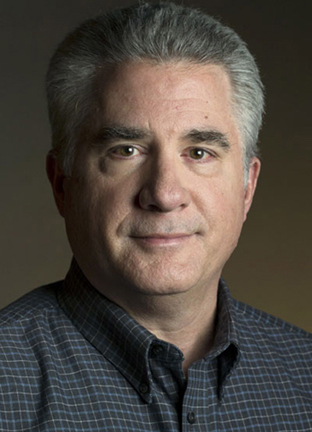
RICHMOND, Va. (BP) — Hannan* is hanging on, unsure what tomorrow will bring.
A doctoral student from the Middle East, she studies at a university in a major European city. Her potential is unlimited, but her resources are razor-thin. She and her husband, also a student, had lived off a tiny stipend from their home country’s government. But now with political unrest there, no money has arrived for months.
Hannan’s husband is completing his degree but has no immediate prospect of a job — either back home where things are falling apart or in Europe. The couple are using up what they managed to save last year.
A local church has befriended the Muslim couple, making sure they have enough food during the lean months. Moved by the love of Christians, Hannan and her husband have begun comparing the teachings of Jesus with their own beliefs. Their church friends hope they will accept a New Testament to learn more about the Gospel.
There are millions of Hannans out there. They live on the periphery of a better life, but it often lies just out of reach. They are students, immigrants and their children, refugees, migrant and contract workers. They’re looking for prosperity or at least basic economic security. They’re also looking for purpose and hope. But unlike Hannan, most of them have no one to tell them about Jesus, even if they currently live in free societies.
To echo a common phrase among economic and sociopolitical analysts, they live on the “rough edges of globalization.”
More than 200 million people are part of this global migration, John Brady, IMB vice president for global strategy, reports. Some of them quickly find opportunities in the places they come to.
But many “are being left behind,” Brady says. “When I look at the unevenness of the benefits of globalization, I see a lot of the rough edges. And sometimes those rough edges are in pockets that are just a few feet away from the very smooth edges. We’ve got to find ways to get into those pockets just outside the wealthy core of the industrial world and the information world.”
These migrating millions want decent jobs. “But particularly in the populations that have vast numbers of young people, we see not only underemployment but just the sheer inability to be employed, so there’s a wasting away of human potential,” Brady explains. “They don’t have jobs; they don’t have hope; they don’t have education. They feel useless.”
Left on the edge of prosperity looking in, some turn to crime. Others turn to extremism if they fall under the influence of militant ideologies. Most struggle quietly with hopelessness and despair. That’s true for people who live close to opportunity but can’t quite grasp it — and for the masses who still live far from it.
“Pressure is building in many places over the world where there’s just this booming number of young people, and we’ve got to find a way to get to them with the Gospel,” Brady stresses. “It’s not easy, but it’s essential. Utopia is not going to just appear out of the economic progress of the world. It’s not going to be an economic solution, though economics is important. It’s not going to be a political solution, though politics is important. It is going to be a Kingdom of God solution.”
The practical ways to apply God’s solution globally are countless. But they always involve people reaching across barriers and differences in the love of Christ to make disciples.
“I see the nations, and I see His love for them,” Brady says. “I see His desire for those people in the highways and the byways and the hedgerows, all those people who are hidden away — the neglected, the least of these, the ones who are the most unlikely folks.
“He wants us to be obedient in passing what we’ve got to someone else,” Brady says. “When the blessing goes to that person and through that person to the next person, it becomes unstoppable.”
*Name changed.
















